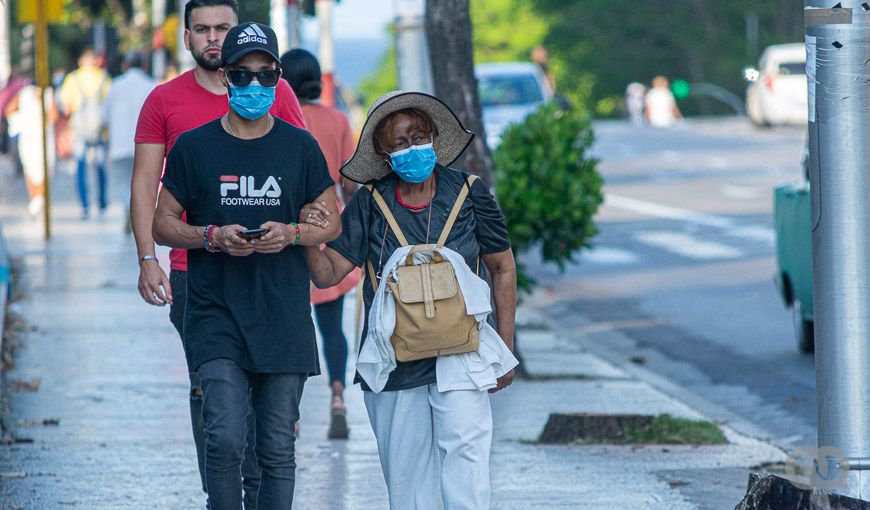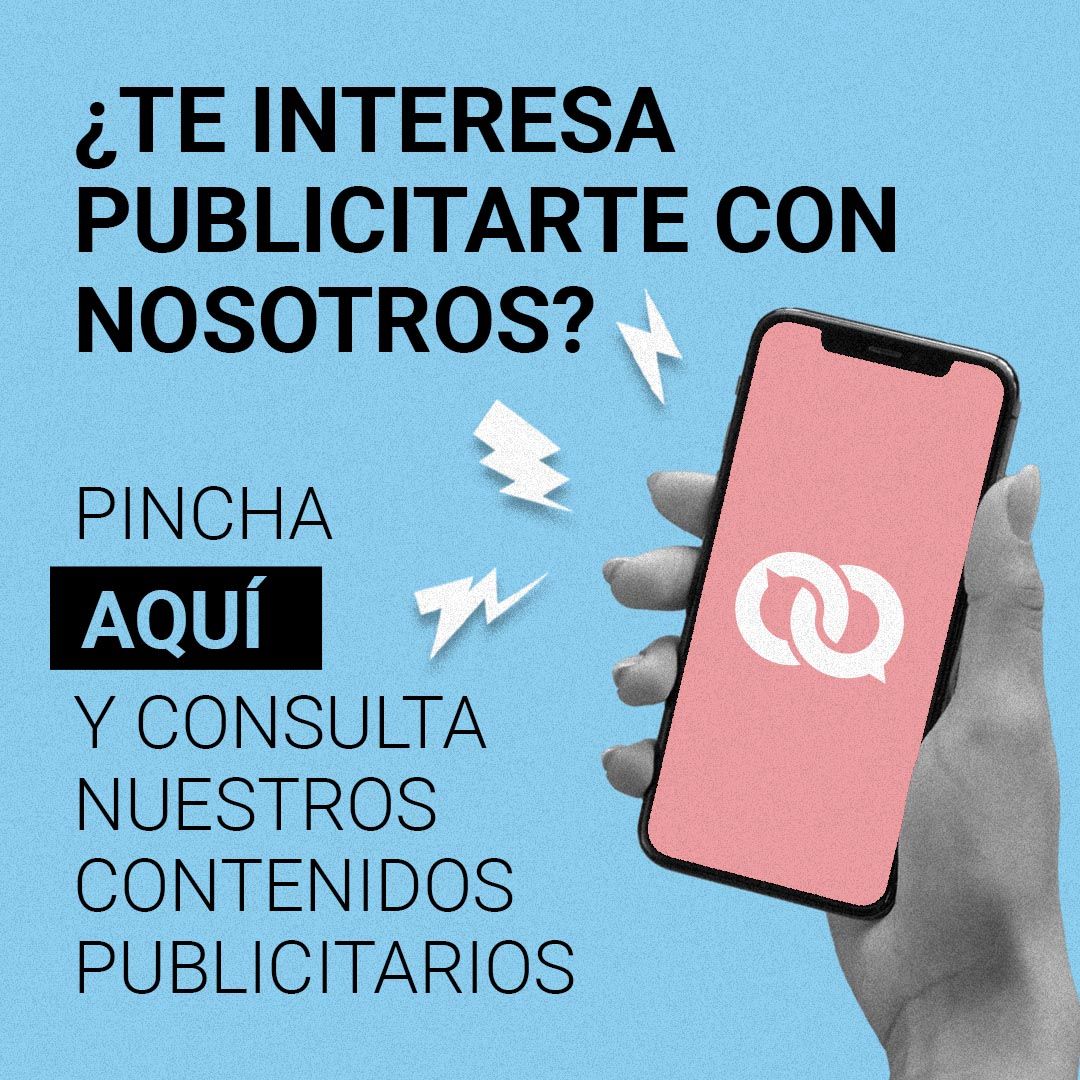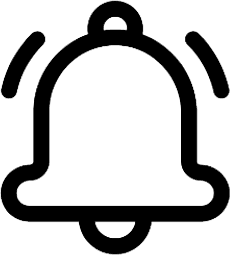When Nelson Mandela finally walked free, after spending 27 years of his life in jail because of politics, you could see his suffering reflected in his face. However, as US writer Arthur Miller would say, his faith hadn’t been broken. How can you come out of three decades in jail with this hope and so much inner peace?
Psychological responses to adversity normally vary. They are influenced by aspects such as personality traits, adaptive personality traits, resilience, situations, conditions and other psychological factors. A Nietzsche maxim leads us to the wisdom of recognizing that if we have a reason to live, we can find a way to do this.
The global COVID-19 outbreak has given rise to many testimonies. Some people have experienced one of the toughest moments in their lives, others have faced this time with more optimism and have found creative ways to live and find a solution to the crisis. Learning how to find a way to get by in the face of uncertainty and the anxiety of not knowing what our lives will be in the future, has been a common denominator of this experience.
Frustration, fear, sadness, anxiety and a certain despair in the search for something certain amidst such a complicated social landscape, have been some of the subjective responses to the pandemic.
Faced with the real threat that looms over us because of a virus that has interrupted and taken over social life, threatening our individual lives and imposing its own timeframe, these feelings can remain dormant. A heavy chest, palpitations and shortness of breath are some of the reactions that warn us of its presence.
Some people might feel that danger lies in their shadow, many have changed their routine and immediate projects, without putting their lives on hold because of the imposition of Nature’s law.
Physical distancing in Cuba has been marked by its peculiarities. A curfew wasn’t announced, but surveillance and control by public law enforcement forces have been hiked up. Most of the population heard the warning “Stay at home” as a moral duty, but everyday stress linked to finding food and the fear that we might run out of basic essentials, has made many feel like reality is too much for them.
Preparing ourselves psychologically and planning an effective action strategy (wake up early, take something to eat, umbrellas, masks, folding chairs and more) to have a better chance of being successful in line, has been a necessary “fact of life”, during this time.
In the face of a more severe economic crisis on the horizon, giving structure to a professional and personal project runs certain limitations. How can you reinvent everyday life and advocate for personal and social wellbeing at the same time?
Psychological tools to take on this reinvention are not universal. It’s up to every individual to find their own way of reconfiguring their new everyday, understanding what helps in every individual case. This lockdown period has been useful not only for us to recognize the psychological discomforts this crisis has caused us, but also for us to identify strengths and to develop individual and collective projects in order to survive.
After experiencing restrictions that have limited our physical proximity, a minority in society have used the virtual world to make up for this (which suffers many limitations in our country), allowing us to work from home, get the latest news about the pandemic, take part in cultural events and scientific forums, practice social activism, receive psychological care remotely, create meditation groups, buy online, creating solidarity groups to distribute essential items or to promote reading, socializing and holding onto the emotional proximity between couples and loved ones.
Life online – especially via WhatsApp which the Cuban people now have access to-, has been an essential pillar to compensate and get us through a historic and unprecedented social situation.
It is now the time for us to rethink and reinvent ourselves. This impasse might be a great opportunity for us to give a new meaning and direction in the lives we’ve been living. We can grieve the plans we haven’t been able to carry out in recent months or the plans we’ll never be able to pick up again, but we can also focus on what we have learned and our achievements. Let’s also direct our energy towards those changes and projects we can do. Like Eduardo Galeano once wrote: “What is a utopia good for? Well, for this, for walking.”
This article was translated to English from the original in Spanish.


If you believe that our journalism is important for Cuba and its people, we want you to know that this is a critical moment.
Behind each publication there is a team that strives to ensure that our products meet high quality standards and adhere to professional and ethical values.
However, to keep a close watch over government, demand transparency, investigate, analyze the problems of our society and make visible the hidden issues on the public agenda is an effort that requires resources.
You can contribute to our mission and that is why today we ask for your help. Select the way you prefer to send us a donation.









comments
We moderate comments on this site. If you want to know more details, read our Privacy Policy
Your email address will not be published. Mandatory fields are marked with *